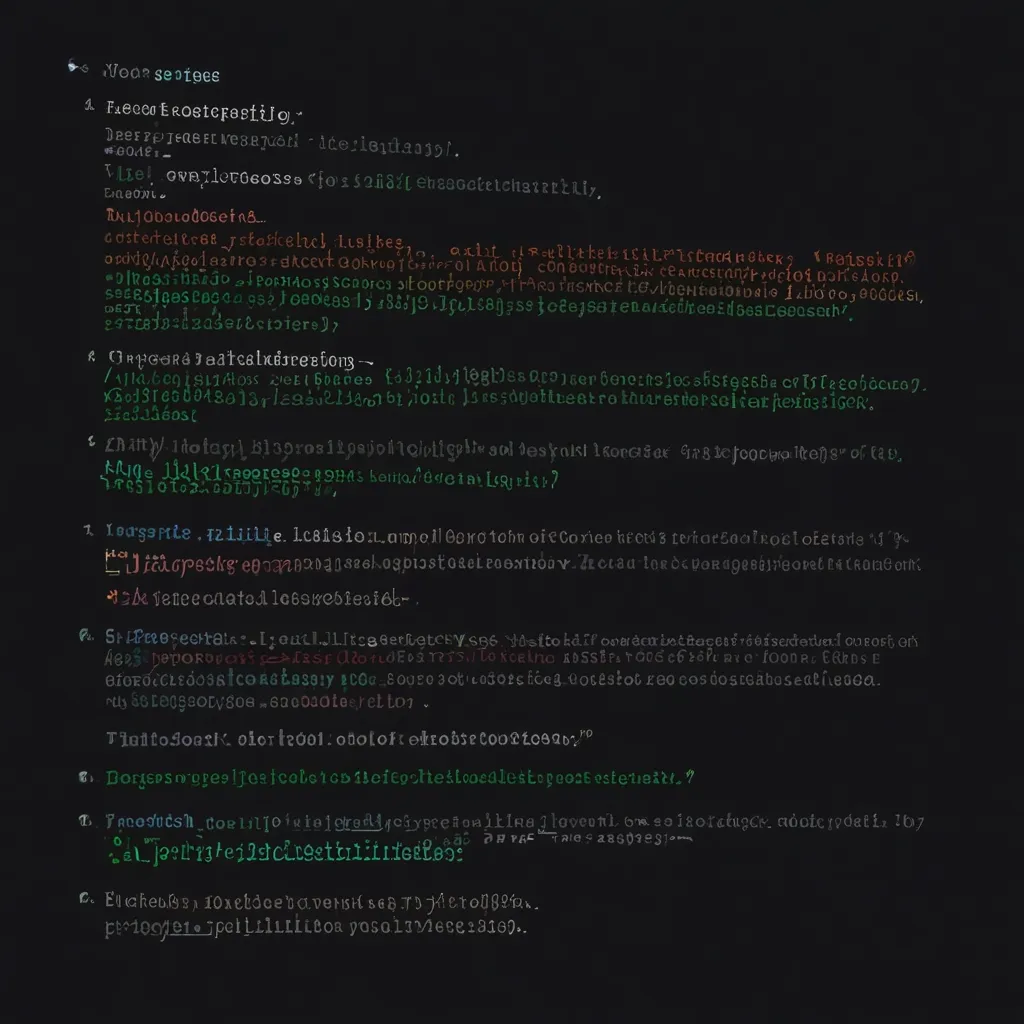Unlock Angular’s Full Potential with Advanced Dependency Injection Patterns!
Angular's dependency injection offers advanced patterns like factory providers, abstract classes as tokens, and multi-providers. These enable dynamic service creation, implementation swapping, and modular app design. Hierarchical injection allows context-aware services, enhancing flexibility and maintainability in Angular applications.

Is Vue.js The Secret Sauce to Your Next Web Project?
Unleash Your Web Creativity with the Progressive Powerhouse of Vue.js

Server-Side Rendering (SSR) with Node.js: Optimizing for SEO and Performance
Server-Side Rendering with Node.js boosts SEO and performance by serving fully rendered HTML pages. It improves search engine indexing, speeds up initial load times, and allows code sharing between server and client.

Is Jest the Secret Sauce Your JavaScript Projects Have Been Missing?
Code Confidence: Why Jest is a Game Changer for JavaScript Developers

Ever Wondered How to Supercharge Your Express App's Authentication?
Mastering User Authentication with Passport.js and Express in Full Swing

How Do JavaScript's Array Methods Make Coding Feel Like Magic?
Mastering JavaScript Arrays: Seamlessly Transform, Filter, Reduce, and Iterate for Optimal Code Efficiency

Internationalization in Angular: Go Global with Transloco!
Transloco simplifies Angular app internationalization. Install, configure, create JSON files for languages, use translate pipe in templates, and TranslocoService in code. Change languages easily, handle variables, and organize translations efficiently.

Ready to Take Your Express.js App International? Here's How!
Chasing the Multilingual Dream: Mastering Express.js Internationalization

Are You Missing Out on Building Rock-Solid APIs with Joi?
Crafting Reliable APIs with Joi: Simplifying Data Validation in Express

How Can Type Guards Transform Your TypeScript Code?
Unleashing the Magic of TypeScript Type Guards for Error-Free Coding

Unlock the Power of Node.js: Build a Game-Changing API Gateway for Microservices
API gateways manage microservices traffic, handling authentication, rate limiting, and routing. Node.js simplifies gateway creation, offering efficient request handling and easy integration with various middleware for enhanced functionality.

Testing Next.js Applications with Jest: The Unwritten Rules
Testing Next.js with Jest: Set up environment, write component tests, mock API routes, handle server-side logic. Use best practices like focused tests, meaningful descriptions, and pre-commit hooks. Mock services for async testing.

Why Should You Give Your TypeScript Code a Makeover?
Revitalize Your TypeScript Code: Refactor Like a Pro with These Game-Changing Techniques
